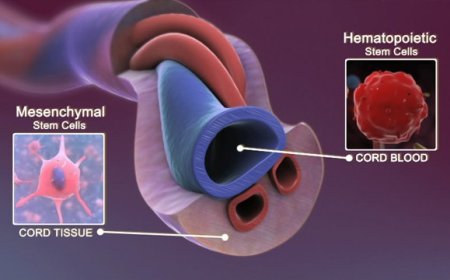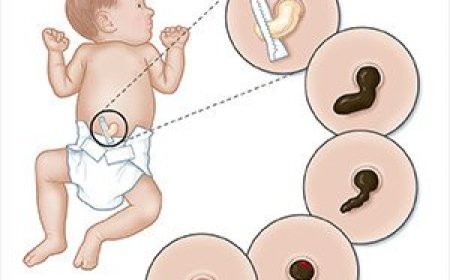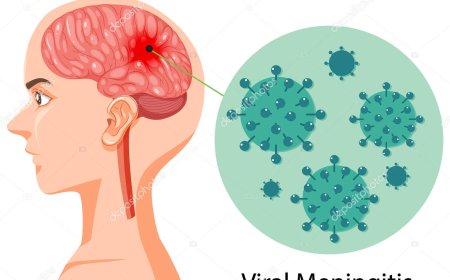Women's health

Introduction:
Women's health is a crucial aspect of well-being that directly influences the overall health and prosperity of a nation. In India, like in any other country, women play a significant role in society and contribute significantly to its growth and development. However, to be able to do so, it is essential for them to maintain good health. In this article, we will explore what women's health means, its classification, common signs and symptoms, causes and triggers, risk factors, types of women's health issues, diagnostic tests, treatments, and prevention techniques.
What is Women's Health?
Women's health refers to the physical, emotional, and mental well-being of females. It encompasses various aspects, including reproductive health, menstrual health, mental health, and overall physical health. It is vital for women to take care of themselves to lead a healthy and fulfilling life.
Signs and Symptoms:
Women's health issues can present a wide range of signs and symptoms, and it is crucial to recognize them early for timely medical intervention. Some common signs and symptoms include:
-
Irregular menstrual cycles: Women may experience changes in their periods, such as heavy bleeding, missed periods, or painful menstruation.
-
Fatigue: Persistent tiredness or lack of energy can be a sign of underlying health problems.
-
Mood swings: Sudden and extreme changes in mood or emotions.
-
Pelvic pain: Discomfort or pain in the lower abdomen could indicate various health issues.
-
Breast changes: Unexplained lumps, tenderness, or changes in breast appearance should not be ignored.
How is Women's Health Classified?
Women's health can be broadly classified into several categories, each focusing on different aspects of health:
-
Reproductive health: Concerns related to the female reproductive system, including menstruation, fertility, and pregnancy.
-
Maternal health: Ensuring the well-being of pregnant women and providing adequate prenatal care.
-
Menstrual health: Addressing issues related to the menstrual cycle, such as irregular periods, premenstrual syndrome (PMS), and menstrual pain.
-
Mental health: Focusing on emotional and psychological well-being, including stress, anxiety, and depression.
-
General physical health: Covering overall physical health, including nutrition, exercise, and prevention of diseases.
Causes and Triggers:
Various factors can contribute to women's health issues in India:
-
Lack of awareness: Limited access to information about women's health leads to neglect of symptoms and delayed treatment.
-
Cultural norms: Societal norms sometimes hinder women from seeking medical help or discussing their health problems openly.
-
Malnutrition: Poor nutrition can lead to reproductive and overall health problems.
Risk Factors with Examples:
Several risk factors can increase the likelihood of women's health issues in India:
-
Early marriage: Girls who marry at a young age are at higher risk of complications during pregnancy and childbirth.
-
Lack of education: Limited education can prevent women from understanding and addressing their health concerns.
-
Indoor air pollution: Exposure to indoor smoke from cooking can lead to respiratory problems and adverse pregnancy outcomes.
Types of Women's Health Issues:
-
Polycystic Ovary Syndrome (PCOS): A hormonal disorder affecting reproductive health, leading to irregular periods and fertility issues.
-
Anemia: A condition characterized by low levels of red blood cells, often caused by iron deficiency.
-
Depression and Anxiety: Mental health issues affecting emotional well-being and quality of life.
Diagnostic Tests and Treatments:
-
Blood tests: To diagnose anemia and hormonal imbalances.
-
Ultrasound: To check the health of the reproductive organs and monitor pregnancies.
-
Pap smear: A screening test for cervical cancer.
-
Antenatal care: Regular medical check-ups during pregnancy to ensure a healthy pregnancy.
Complications of Women's Health Issues:
Neglecting women's health can lead to severe complications, such as:
-
Infertility: Untreated PCOS and other reproductive issues can result in difficulties conceiving.
-
Maternal and infant mortality: Lack of prenatal care can increase the risk of complications during childbirth.
Prevention Techniques:
-
Health education: Spreading awareness about women's health and hygiene through schools and community programs.
-
Nutritious diet: Encouraging balanced meals for better overall health.
Women's health is crucial for the well-being and progress of India. By addressing the signs, symptoms, causes, risk factors, and types of women's health issues, and promoting prevention techniques, we can empower the women of India to lead healthy, fulfilling lives, thereby contributing positively to the nation's growth.
What's Your Reaction?
 Like
0
Like
0
 Dislike
0
Dislike
0
 Love
0
Love
0
 Funny
0
Funny
0
 Angry
0
Angry
0
 Sad
0
Sad
0
 Wow
0
Wow
0







































































